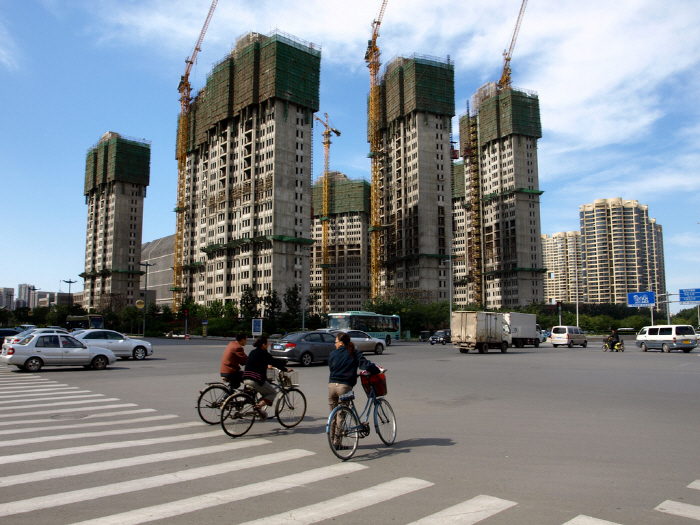China's February NBS manufacturing PMI declined to 49, extending a seven-month contraction and reaching a seven-year low. The drop in PMI was mainly due to weakening of new orders, which dropped to 48.6 from 49.5, and production that declined from 51.4 to 50.2. Furthermore, the employment conditions also declined to 47.6 from 47.8, while the import index fell to 45.8 from 46.5.
The new export orders and input price index were the only two subcomponents that improved, rising to 47.4 and 50.2, respectively. Meanwhile, small enterprises, by firm size, pulled down the headline PMI considerably, whereas large enterprises fell in the contraction territory for the first time since September 2015.
The Caixin final PMI also declined further to 48 in February from 48.4, remaining in the contraction territory for the 12th continuous month. Meanwhile, the NBS non-manufacturing PMI weakened, in spite of being in the expansion territory, falling to 52.7 from 53.5.
"Overall, we think the subdued PMIs continue to signal weak underlying growth in Q1 and onwards, consistent with our below-consensus forecast for GDP growth (2016: 6.0%) and downside risks to the outlook", says Barclays.
China’s subdued PMIs continue to signal weak underlying growth in Q1 and onwards

Tuesday, March 1, 2016 10:05 AM UTC
Editor's Picks
- Market Data
Most Popular



 Gold Prices Fall Amid Rate Jitters; Copper Steady as China Stimulus Eyed
Gold Prices Fall Amid Rate Jitters; Copper Steady as China Stimulus Eyed 































